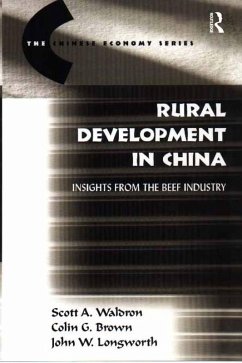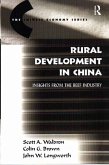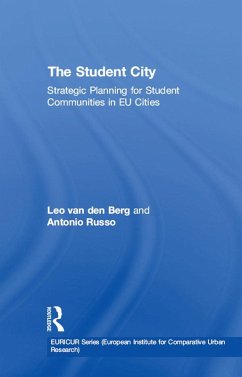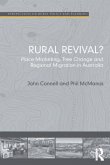In recent decades, the responsibility for initiating regeneration programmes has been placed firmly in the hands of rural communities, with the rationale being that local people are best placed to know their own problems and, consequently, to develop their own solutions. Despite the popularity of this approach, the self-help approach has its own problems and can be seen as an attempt by governments to reduce public spending. This book provides a critical account of the discourses and practices of self-help in contemporary rural development policies of Australia and other western nations. Although it examines the problems of the self-help approach, it moves beyond a straightforward exposition of the impediments to self-help. Instead, taking a Foucauldian governmentality perspective, it puts forward a theoretical analysis of the self-help concept, assessing it as a means of governing rural development in an advanced liberal manner. It argues that self-help should not be regarded as either the empowerment or the abandonment of rural citizens by a shrinking state, but rather the application of new ways of thinking about and acting upon rural development.
Dieser Download kann aus rechtlichen Gründen nur mit Rechnungsadresse in A, B, BG, CY, CZ, D, DK, EW, E, FIN, F, GR, HR, H, IRL, I, LT, L, LR, M, NL, PL, P, R, S, SLO, SK ausgeliefert werden.









